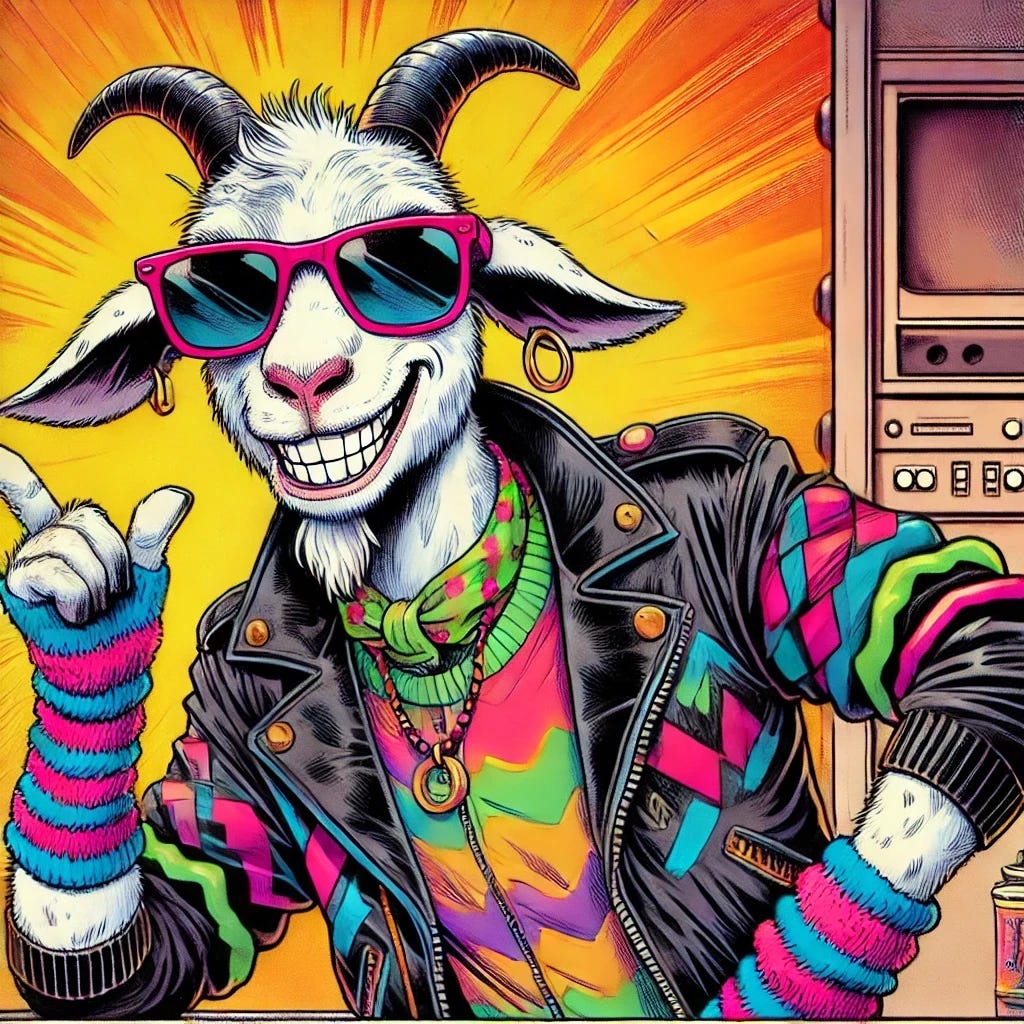We Americans love our food.
As the wealthiest nation ever to exist, we import and grow an incredibly diverse range of food from all around the world. If America is the melting pot of cultures in any one particular area of the house, it is surely in our kitchens, where we’re as likely to make pad thai or a burrito as a hamburger.
Even still, most of the things we eat are based on a small handful of ingredients. Two of those ingredients, cheese and corn, are so important and popular that they’ve entered our language lexicon.
Cheese goes on pizza, in tacos, and on burgers to enhance flavor and add a little bit more protein (and a fair bit of fat) to the mix. It is delicious, and those who are lactose-tolerant probably enjoy cheese almost every day. Those who are lactose-intolerant can still sometimes experience cheese, and there’s even vegan “cheese” out there now that really isn’t half bad.
As a metaphor, cheesy has its origins across the pond, probably from around the 1890s. If you’ve ever heard cheese referred to as a synonym for money, you’re already on the right etymological track.
Clearly, cheese can be very expensive, but middle class homes could afford a bit as a nice luxury, so it wasn’t like caviar or saffron, two famously expensive food products that cost dozens of times more per pound than cheese.
How curious, then, that cheesy came to mean something like fancy or stylish amid Victorian England. If you’re thinking there must be more to the story, you’re right!
The leading theory (as far as I can tell—if you find something else, let me know in the comments) is that there were British soldiers in India who knew the Urdu word for “thing”, which is chiz. This word would often be used to describe something or someone very important.
Now, I don’t know everything about linguistic drift, but one thing I know for sure is that once the word reached Britain, there was little distinction in the pronunciation between the British cheese and the Urdu chiz.
Chiz became cheese, and I’m imagining a lot of Victorian dandies thinking it was the coolest word imaginable. The word morphed from something important or valuable into something stylish or showy. Victorian dandies were supposed to show off, so this was a desirable trait among their cohort.
So, cheesy was a compliment at first. Of course, styles change over time, and what was once considered super duper cool now looks kind of pathetic and sad.
During the 1930s in particular, showiness and flashiness were quickly falling out of fashion. Britain had by now lived through World War I—The Great War, or the War to End All Wars, as it was hoped. The Great Depression now had its grip on the whole world, and the English-speaking world was far from immune.
Naturally, if someone was cheesy now, they were gaudy. They had poor taste, showing off their opulence like that while others starved and suffered. Now was hardly the time.
Nowadays when we use the word, we mean that it is clichéd or overly sentimental. Full House is a cheesy TV show, we might have said during the late 80s or early 90s. I’d tell you a cheesy joke right now, but I don’t want to go out of my whey.
If cheese is important in America, corn is practically a pillar. Corn goes far, far beyond our plates, and we grow more of it than any other two crops combined. The US is also the largest supplier of corn to the world, and corn helps to maintain global food security.
Corn is also everything from a sweetener to a biofuel, and we feed most of our livestock with it. We make Doritos, taco shells, Coca-Cola, and just about anything else we can from corn, and we often create new types of food from the stuff.
With all this corn being consumed and exported, you might think the United States was a corn field from sea to shining sea, interspersed by a few big cities. That really only describes a narrow band of the US we call the Corn Belt. The fertile soil and flat land of Iowa and its surrounding states produce the majority of all US corn.
When people talk about the heartland of America, they often mean the Corn Belt.
It’s pretty sensible, then, that the word corny might be associated with the region where the Corn Belt exists, and that’s exactly what happened during the 1930s. Vaudeville performers would often travel through towns in the heartland of the US during the Depression, hoping to lighten everyone’s day a bit while earning a modest living.
These performers often told jokes that were… well, corny. I don’t even mean by today’s standards, because that’s hardly fair. I mean that even by the standards of the day, the jokes these performers told were often stale. They would travel from location to location, but information had begun to spread much, much more quickly by this time.
In other words, telephones and telegraphs allowed jokes to be spread from location to location, and radios were beginning to appear in homes.
While the word cheesy morphed from a somewhat positive into a decidedly negative meaning during this time period, corny started out more or less in the same way we use it today.
Cheese and corn are just two examples of food that has become vocabulary. This is a delicious category of words and phrases that started out as things we ate, but now mean something entirely different. Things can be easy as cake one day, but then you have to spill the tea and give someone some bad news—or should you eat your words instead?
Can you think of other good food-words today?






"Cheese&Rice" became the substitute curse when baby started talking and we didn't want to be outed as potty mouths when kindergarten started. Recipe: Fry 3 strips bacon until crisp, during which chop 1/4 cup onion and add to pan after removing bacon and cook to just caramelized, peel and slice 3 zucchini and add to onions in pan, tossing to coat (add butter as needed if bacon was lean) and cook until almost tender, stirring occasionally. Make a well in pan and add 1cup of corn (I like Trader Joe's fire roasted) and add salt and pepper to taste, stir to combine and once corn is heated, crumble bacon over and top with grated cheese. Even kids like these veggies! This has become my most requested holiday meal contribution. 😋
Salty 😒 I feel like Salty really hit the scene around 10 years ago